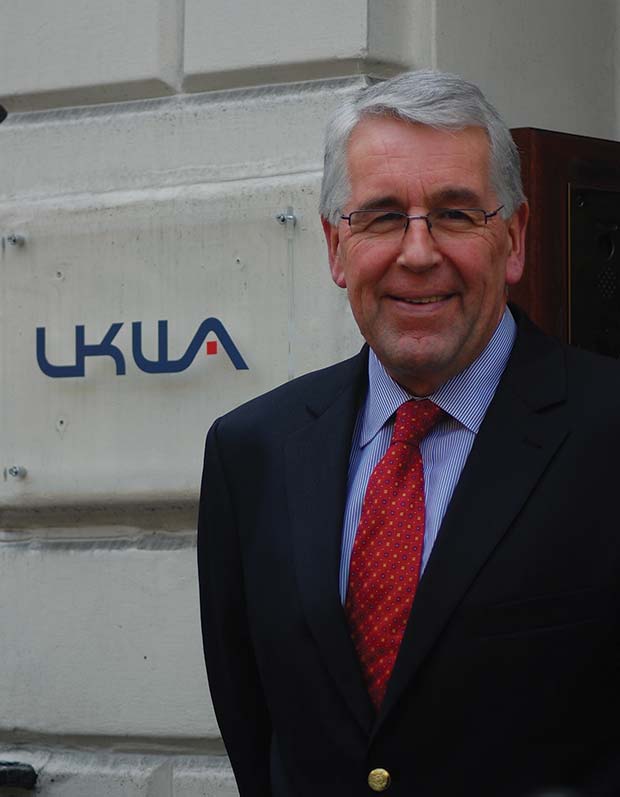So, despite endless attempts to explain to the government that the UK needs not just skilled immigrant labour, but low and unskilled workers too in sectors such as hospitality, construction, social care and of course, warehousing and logistics, Home Secretary Priti Patel has stuck to her guns and confirmed that only skilled workers, with a good command of English, a confirmed job offer and prospective salary of £20,480 will be eligible for a visa.
 While the ‘new’ system will also allow businesses to “attract the best and brightest from around the world,” says Patel, employers will be encouraged to invest in workers from within the UK.
While the ‘new’ system will also allow businesses to “attract the best and brightest from around the world,” says Patel, employers will be encouraged to invest in workers from within the UK.
This is disappointing indeed for an industry like ours that relies on immigrant workers, particularly during peak seasons, and already faces challenging labour shortages.
Post-Covid lockdown and the UK’s drastically shrinking economy, there is of course the prospect of high youth unemployment in the UK for the first time in many years. Perhaps then, it is time to shift our focus and consider what more we can do as an industry to attract young British workers.
Warehousing and logistics has long suffered from an outdated image and poor awareness of the career opportunities that exist within the sector; its reputation remains largely one of poor conditions, repetitive work and low pay.
However, what the coronavirus pandemic has shown is that key workers are not just health workers, but delivery drivers, forklift truck operators, stowers and packers. Along with clapping for NHS workers, people have recognised that those who work in our industry are essential to our economy and, indeed, to our daily lives.
We believe that with such recognition should come decent pay, good working conditions and employment contracts that meet the expectations of young people.
All well and good – but who pays?
We cannot continue to operate on ever lower margins and can only deliver the service customers expect if we can invest in latest technology and retain the staff by offering fair reward.
In short, we must move away from the constant expectation that delivery (and returns) should be free. A constant refrain from UKWA has been that free delivery for online shopping is a ‘race to the bottom’ and ultimately unsustainable for retailers and 3PLs alike.
During lockdown, online grocery orders rocketed beyond all predictions and a new generation of online shoppers turned to home deliveries. The major supermarkets are scrambling to reshape their strategy and are asking themselves whether free or nominal charge deliveries are actually affordable in the longer term. The answer, of course, is no.
UKWA believes that it’s time to demand a fair deal from consumers, not only for retailers but for the supply chain businesses that support them.
Peter Ward
UKWA, CEO





Comments are closed.